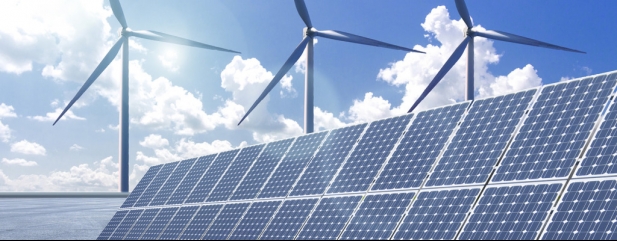Archived article
Please note that tax, investment, pension and ISA rules can change and the information and any views contained in this article may now be inaccurate.
Emerging markets: Views from the experts

1. US president Joe Biden’s stimulus plans have reached $6 trillion, paired with continued vast quantitative easing. The expected resurgence in US growth boosted equity markets and led to a bounce in the US dollar earlier in the year. However, the US dollar has resumed its decline, with EMs also outperforming US equities after a brief period of underperformance. The spurt in US growth is expected to be relatively short, petering out by 2022. Emerging markets (EM) are still expected to lead the global economic recovery [ENDS], with forecasted 2021 GDP growth of 6.7% vs. 6.4% for the United States. The EM growth premium widens to 1.5% in 2022. ͏͏
2. We believe disruption in innovation and technology continues to support the powerful long-term structural case for investing in EMs. Solar is one opportunity we have identified within this theme of disruption. Advancements in technology and innovation are allowing more sunlight to be converted into energy, and the scope for future growth is considerable. One aspect of solar that has deterred investors in the past is policy risk.
This risk is falling, however, as the environment and concerns about global warming are at the top of global leaders’ agendas and new solar projects no longer require government subsidies. For example, in China, president Xi Jinping has set a target for the country to be carbon-neutral by 2060 and for 25% of the energy mix to be from renewables by 2030.
3. Despite its strong market performance in recent years, we believe Russia remains one of the most undervalued markets in Europe as well as the EM universe. It has little sovereign debt and considerable foreign exchange reserves, allowing it to withstand most financial shocks. In addition to being one of best-positioned oil producers globally, the country’s new economy is also thriving.
For example, the country’s leading bank has developed a digital network that incorporates artificial intelligence, big data and robotisation. Similarly, Russia’s leading search engine has built an impressive ecosystem. Looking forward, given a gradual recovery in business activity, higher oil prices and stable environment for the Russian ruble, we believe that Russian companies will likely benefit from positive earnings revisions and improved distribution to shareholders as buybacks and dividends also increase.

Important information:
These articles are provided by Shares magazine which is published by AJ Bell Media, a part of AJ Bell. Shares is not written by AJ Bell.
Shares is provided for your general information and use and is not a personal recommendation to invest. It is not intended to be relied upon by you in making or not making any investment decisions. The investments referred to in these articles will not be suitable for all investors. If in doubt please seek appropriate independent financial advice.
Investors acting on the information in these articles do so at their own risk and AJ Bell Media and its staff do not accept liability for losses suffered by investors as a result of their investment decisions.

 magazine
magazine








